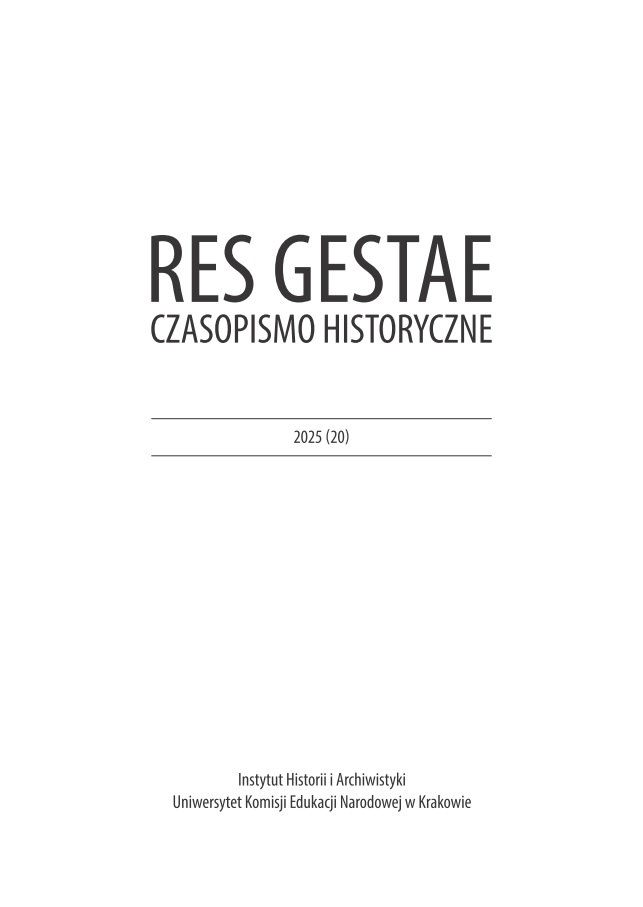The “Granary of Polish Rock” in Jarocin: The Role of the Heritage of Rock Music Festivals in Shaping the Contemporary Identity of the Town
Main Article Content
Abstract
This article examines the role and significance of the Granary of Polish Rock in the context of contemporary Jarocin. The Granary fulfils a dual function within this small town in southern Greater Poland: it serves both as a museum dedicated to preserving the historical legacy of the rock festivals held in Jarocin since 1970, and as a key element in the construction of the town's modern identity, grounded in the collective memory of these festivals.
The residents of Jarocin, both within Poland and internationally (albeit to a lesser extent), are closely associated with a place that, for many years, hosted a unique event in the Eastern Bloc – gathering intended for young people, during which participants could not only engage with subversive music but also experience a sense of personal freedom. This distinctive heritage renders Jarocin an exceptional and unparalleled location. While the town's origins trace back to the 13th century, it is the cultural and social events of the mid-20th century, particularly the rock festivals, that have come to define the town's contemporary identity.


